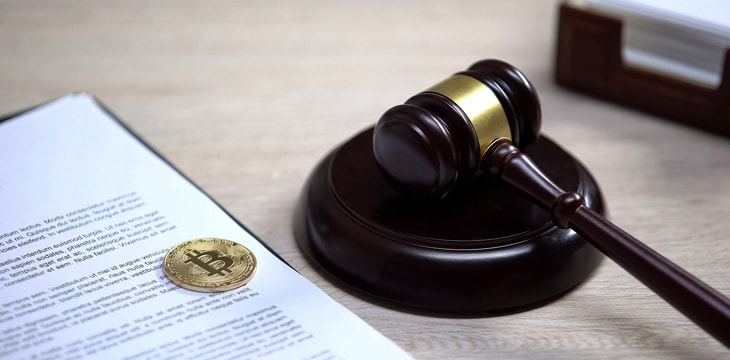|
Getting your Trinity Audio player ready...
|
Antigua and Barbuda has taken the next step towards becoming a global digital asset destination, with the country’s House of Representatives passing a comprehensive regulatory framework governing the sector.
The Digital Assets Business Bill, 2020 is intended to regulate digital asset companies, such as digital currency operators, and provide protection to their clients and customers. The Bill introduces a tiered licensing system for digital asset businesses, comprehensive obligations on companies when embarking on digital asset sales, and a host of clauses fleshing out and strengthening the digital currency regulatory infrastructure in Antigua and Barbuda, including explicit direction on the role of the country’s Financial Services Regulatory Commission (FSRC) in administering the framework.
The news will be welcome to businesses in Antigua, many of whom have been calling on the government to take advantage of the global digital currency craze by ensuring it is properly regulated. Many industry giants threw their support behind the initiative by advising on the bill including: Ayre Group, nChain, The Bayesian Group and the Bitcoin Association.
Calvin Ayre is one voice that has been supporting and advising the Antiguan government. Ayre, who was also appointed as Economic Envoy for Technology Development for Antigua and Barbuda in 2017, has been vocal about Antigua’s potential as a global digital asset hub.
“I believe we can create an entire new industry around original Bitcoin’s massive scaling abilities in Antigua. This technology can now tokenize everything in the world and I want my home country of Antigua to be a major player in this new industry,” Ayre said.
“With this Act, Antigua is now at the front of the list of countries set to benefit from the application and tokenization explosion that is happening in front of our eyes on BSV.”
Sound regulation in this space is needed more than ever. There are the long-standing criticisms of the digital asset ecosystem concerning consumer and investor protections and potential vulnerabilities to manipulation. But beyond that, the innovations that continue to revolutionise the industry put the onus on countries to understand and appropriately legislate for their use, so that they can reap the economic benefits. Comprehensive legislation such as the Digital Asset Bill goes a long way toward providing business certainty to entrepreneurs and encouraging further innovation—all undoubtedly great things for the economy of Antigua.
For now, Antigua and Barbuda has all but finished laying the foundations for a well-regulated and mature digital currency industry. The Bill still needs to make it past the Antiguan Senate, but with the benefits on offer and the Bill’s thus far uncontroversial path through Parliament, that seems a formality at this point.
Recommended for you
British lawmakers of the parliamentary national security committee have called for a temporary ban on political parties receiving donations in

 02-27-2026
02-27-2026 




